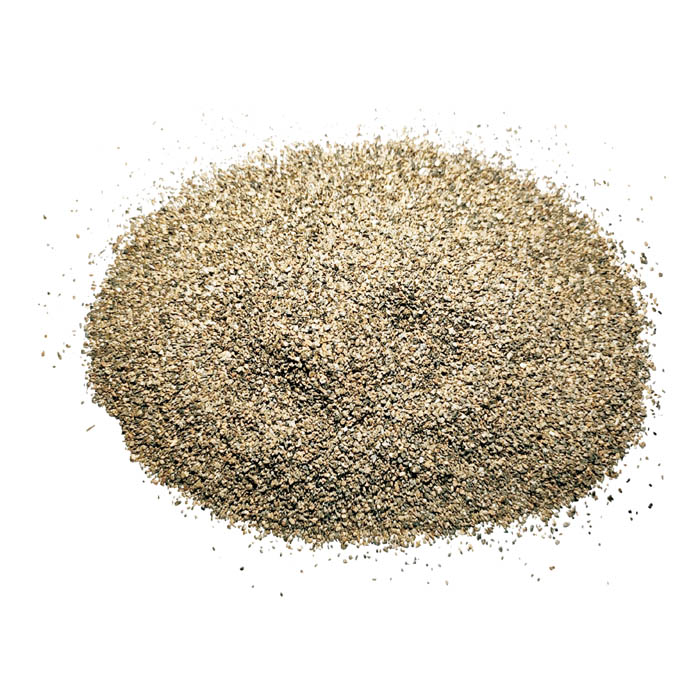Dec . 15, 2024 10:43 Back to list
Bulk Bauxite Exporters and Their Role in Global Trade Dynamics
The Rising Demand for Bauxite in Bulk Export
Bauxite, a sedimentary rock composed primarily of aluminum oxides, is the primary source of aluminum production worldwide. As the demand for aluminum continues to soar, particularly in industries like aerospace, automotive, and construction, the global trade of bauxite in bulk export has become increasingly significant. This article explores the factors driving the demand for bauxite exports, the challenges faced in this industry, and the future prospects of bauxite as a commodity.
The Demand for Bauxite
The primary driver of bauxite demand is the widespread use of aluminum. Aluminum is favored for its lightweight, strength, and resistance to corrosion, making it a preferred material in various sectors. With populations growing and urbanization accelerating across the globe, industries are seeking materials that can support modern infrastructure and technology. For instance, as electric vehicles (EVs) gain popularity, the need for lightweight materials like aluminum becomes even more critical, driving up bauxite demand.
Moreover, emerging economies are witnessing rapid industrialization and the subsequent rise in construction activities, which further amplifies the demand for aluminum and, consequently, its raw material—bauxite. Countries like China and India have emerged as significant consumers of bauxite, given their large manufacturing bases. According to the United States Geological Survey (USGS), global bauxite production has seen a steady increase to meet this rising demand.
Bulk Exporting Dynamics
The bulk export of bauxite involves shipping large quantities of the mineral from producing countries to consuming countries. Australia, Guinea, and Brazil are among the top producers of bauxite, with Australia being the largest exporter globally. The logistics of bulk exporting are complex, requiring efficient transportation networks, storage facilities, and the management of export regulations.
bauxite in bulk exporter

One significant advantage of exporting bauxite in bulk is the reduction in shipping costs per ton. Bulk carriers can transport considerable quantities of the mineral, making it an economically feasible option for exporters. This encourages producing nations to focus on increased production and export capabilities, ensuring they meet the growing global demand.
Challenges in the Bauxite Export Industry
While the bauxite export industry appears robust, it is not without its challenges. Environmental concerns surrounding bauxite mining have gained increasing attention. The extraction process can lead to deforestation, soil erosion, and water pollution, affecting local ecosystems and communities. As a result, environmental regulations are becoming stricter in many producing countries, compelling miners to adopt sustainable practices. Failure to comply with these regulations can hinder export capabilities and tarnish the reputation of exporters.
Moreover, political instability in some bauxite-rich countries poses risks to consistent supply chains. Changes in government, policies regarding foreign investment, and tax regulations can impact the operations of mining companies and subsequently the bulk export market. These uncertainties necessitate strategic planning by exporters to navigate potential disruptions.
Future Prospects
As the global shift toward green energy and sustainable manufacturing accelerates, the bauxite industry is likely to see continued growth. The emerging focus on circular economy principles means that industries are seeking to recycle aluminum more efficiently, which, in turn, may affect the demand for bauxite in the future. However, the need for primary aluminum production remains paramount, and thus, the bauxite export market is expected to thrive.
In conclusion, the bulk export of bauxite is a significant component of the global aluminum supply chain. As demand shows no signs of waning, producers and exporters must navigate environmental challenges and supply chain complexities to capitalize on this booming industry. By embracing sustainable practices and strategic planning, the bauxite export sector can ensure its continued prosperity in the face of a rapidly evolving global market. As industries increasingly rely on aluminum for innovative solutions, the role of bauxite in bulk export will remain pivotal in supporting economic growth and development around the world.
-
Eco-Friendly Granule Covering Agent | Dust & Caking Control
NewsAug.06,2025
-
Fe-C Composite Pellets for BOF: High-Efficiency & Cost-Saving
NewsAug.05,2025
-
Premium Tundish Covering Agents Exporters | High Purity
NewsAug.04,2025
-
Fe-C Composite Pellets for BOF | Efficient & Economical
NewsAug.03,2025
-
Top Tundish Covering Agent Exporters | Premium Quality Solutions
NewsAug.02,2025
-
First Bauxite Exporters | AI-Optimized Supply
NewsAug.01,2025
